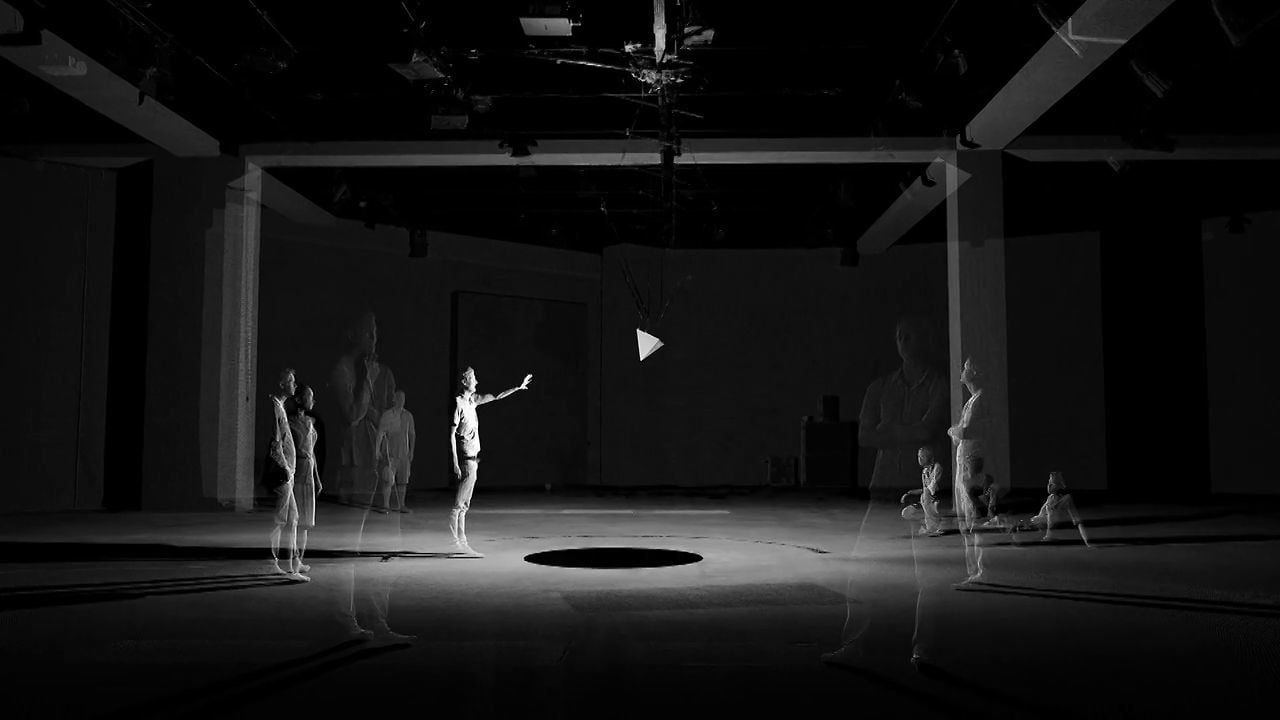We have another great lineup for the 6th Amsterdam This Happened!
Ubi de Feo
Ubi de Feo has developed a series of workshops that aim at teaching programming using a “tangible approach” involving bowls, boxes, M&Ms and ping pong balls.The initiative, called “From 0 to C”, was born out of Ubi’s work preparing students for Arduino hardware workshops in the shortest time possible. The aim is to help people understand how a computer works and what programming actually is without having any prior knowledge of either.
The course is designed to help creative people visualise what’s going on inside a computer by touching and physically moving items around. This helps to demystify computing and lets people realise that “everything a computer does is either very dumb or a very smart implementation of what, as humans, we are able to do”.
Participants are told to put away their computers.
The workshops feature no hands-on code sessions, editor or screens until the last day. Instead, budding programmers are given pens, paper, tape, candy, ping-pong balls, wooden boxes, cups and other common objects.
We work we play
Deleting Borders is an HTML5 music sequencer with a visual based on Delaunay triangulation. Compositions can be shared and connecting to Facebook allows you to use your own background image. Data from the website is used during the live show as visuals. You can read more info at http://weworkweplay.com/blog/deleting-borders/
Dries Depoorter
Dries Depoorter will talk about the making of Light Scan, which is an installation where visitors can explore a dark room with a flashlight. By examining the space, visitors discover the elements of the space. Each element has an associated sound. The sound is inspired by the material of the element. Dries will further explain how he iterated the software functionality. His “Plant scan” project builds/converts a natural plant into a virtual through mapping the fruits. This installation creates a corresponding visualisation in real time.

Ruairi Glynn
Ruairi will be joining us from London to reflect about his latest interactive installation piece, Fearful Symmetry – which was commissioned by the Tate Modern in London. Ruairi spoke in London previously when this project was in it’s early stages, and now is a great time to look back at how things culminated.
Ruairi Glynn directs Interaction Futures research at the Bartlett School of Architecture, UCL and practices as an installation artist. His work has been exhibited at the Centre Pompidou Paris, the National Art Museum of China Beijing, Seoul’s Olympic Museum of Art, Sao Paulo’s Itau Cultural, Beall Center for Art & Technology, Los Angeles, the Madrid Art Fair, the Kunsthaus Graz and London Design Festival. His recent projects have examined the primacy of movement above colour, form and texture in human visual perception drawing on disciplines including cybernetics, psychology, performance and architecture.

Venue:
Vlaams Cultuurhuis de Brakke Grond
Nes 45
1012 KD Amsterdam
The Netherlands
This event is organized in collaboration with Flemish Arts Centre ‘De Brakke Grond’.

